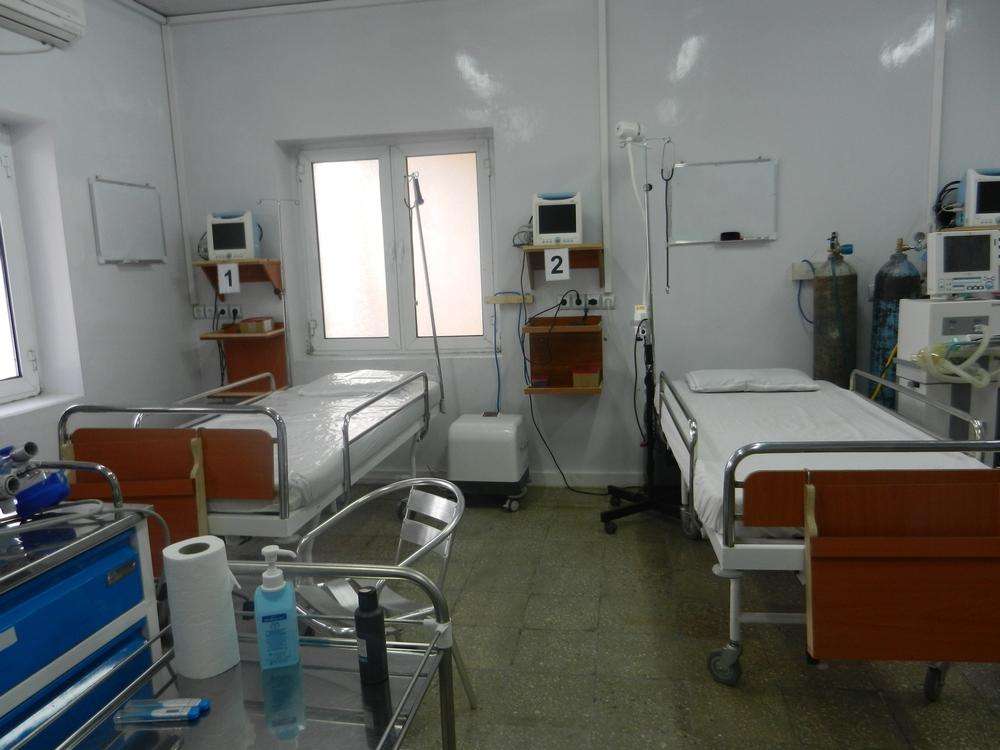MSF treated 14 patients after a bomb blast in Kunduz city on December 10.
The front gate at the MSF trauma hospital in Kunduz, northern Afghanistan, is seen November 29, 2011. The hospital, which opened in August, 2011, provides urgent surgical care and follow-up treatment for people wounded in conflict and for those suffering from life-threatening injuries.
Following a bomb blast in the capital of Kunduz Province in northern Afghanistan on December 10, Doctors Without Borders/Médecins Sans Frontières (MSF) treated 14 patients in the organization’s surgical hospital in Kunduz city.
The explosion occurred close to a market in central Kunduz around noon on Saturday. MSF teams treated patients with blast-related injuries, including severe internal wounds, burns, and blood loss.
“Patients started arriving at our hospital within five minutes of the blast,” said Erwin Guillergan, MSF coordinator at the Kunduz surgical hospital. “Two people were severely injured and needed immediate surgery, and the rest of the patients were stabilized.”
Since August 2011, MSF has been operating a surgical hospital in Kunduz providing urgent surgical care and follow-up treatment for people wounded in the conflict, and for those suffering from life-threatening injuries. Hundreds of people have been treated in the hospital since it opened.
A strict no-weapons policy is implemented in all locations where MSF works in Afghanistan to ensure patient safety and security.
MSF teams also work in Ahmed Shah Baba Hospital in Kabul and in Boost Hospital in Lashkar Gah, capital of Helmand Province. As in Kunduz, MSF provides free medical care in both locations, and works in all wards of the hospitals.
MSF plans to open a maternity hospital in Khost Province in early 2012.
MSF relies solely on private donations to carry out its work in Afghanistan, and does not accept any government funding.




